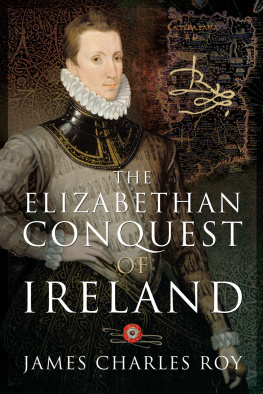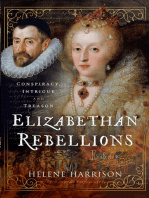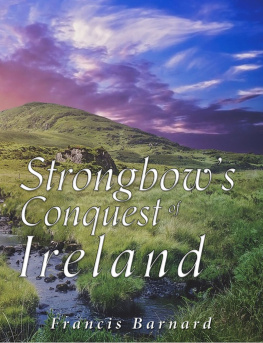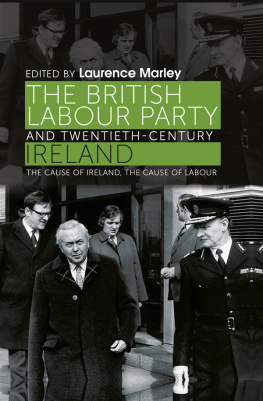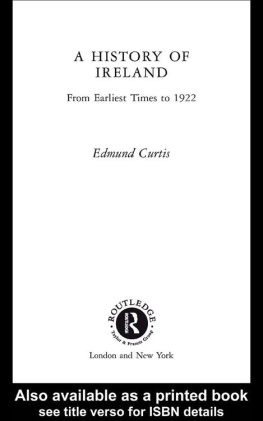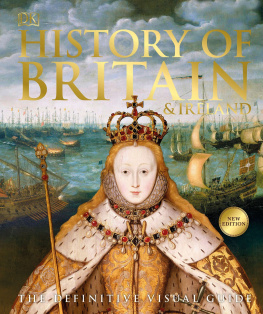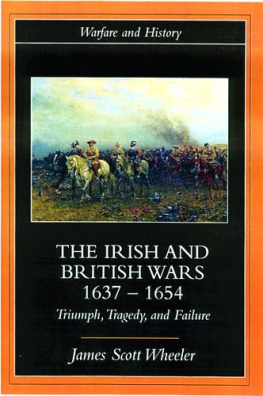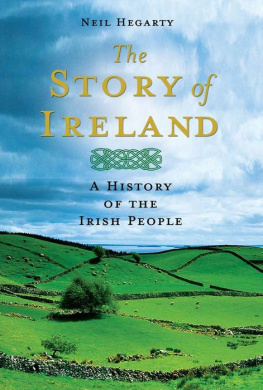James Charles Roy - The Elizabethan Conquest of Ireland: Brysketts Cottage
Here you can read online James Charles Roy - The Elizabethan Conquest of Ireland: Brysketts Cottage full text of the book (entire story) in english for free. Download pdf and epub, get meaning, cover and reviews about this ebook. City: Barnsley, year: 2021, publisher: Pen and Sword Military, genre: History. Description of the work, (preface) as well as reviews are available. Best literature library LitArk.com created for fans of good reading and offers a wide selection of genres:
Romance novel
Science fiction
Adventure
Detective
Science
History
Home and family
Prose
Art
Politics
Computer
Non-fiction
Religion
Business
Children
Humor
Choose a favorite category and find really read worthwhile books. Enjoy immersion in the world of imagination, feel the emotions of the characters or learn something new for yourself, make an fascinating discovery.
- Book:The Elizabethan Conquest of Ireland: Brysketts Cottage
- Author:
- Publisher:Pen and Sword Military
- Genre:
- Year:2021
- City:Barnsley
- Rating:3 / 5
- Favourites:Add to favourites
- Your mark:
The Elizabethan Conquest of Ireland: Brysketts Cottage: summary, description and annotation
We offer to read an annotation, description, summary or preface (depends on what the author of the book "The Elizabethan Conquest of Ireland: Brysketts Cottage" wrote himself). If you haven't found the necessary information about the book — write in the comments, we will try to find it.
The relationship between England and Ireland has been marked by turmoil ever since the 5th century, when Irish raiders kidnapped St. Patrick. Perhaps the most consequential chapter in this saga was the subjugation of the island during the 16th century, and particularly efforts associated with the long reign of Queen Elizabeth I, the reverberations of which remain unsettled even today. This is the story of that First British Empire.
The saga of the Elizabethan conquest has rarely received the attention it deserves, long overshadowed by more glamorous events that challenged the queen, most especially those involving Catholic Spain and France, superpowers with vastly more resources than Protestant England. Ireland was viewed as a peripheral theater, a haven for Catholic heretics and a potential back door for foreign invasions. Lord deputies sent by the queen were tormented by such fears, and reacted with an iron hand. Their cadres of subordinates, including poets and writers as gifted as Philip Sidney, Edmund Spenser, and Walter Raleigh, were all corrupted in the process, their humanist values disfigured by the realities of Irish life as they encountered them through the lens of conquest and appropriation.
These men considered the future of Ireland to be an extension of the British state, as seen in the salon at Brysketts Cottage, outside Dublin, where guests met to pore over the Irish Question. But such deliberations were rewarded by no final triumph, only debilitating warfare that stretched the entire length of Elizabeths rule. This is the story of revolt, suppression, atrocities and genocide, and ends with an ailing, dispirited queen facing internal convulsions and an empty treasury. Her death saw the end of the Tudor dynasty, marked not by victory over the great enemy Spain, but by ungovernable Ireland the first colonial failed state.
James Charles Roy: author's other books
Who wrote The Elizabethan Conquest of Ireland: Brysketts Cottage? Find out the surname, the name of the author of the book and a list of all author's works by series.

